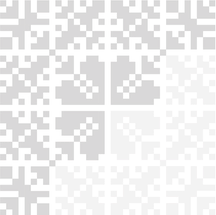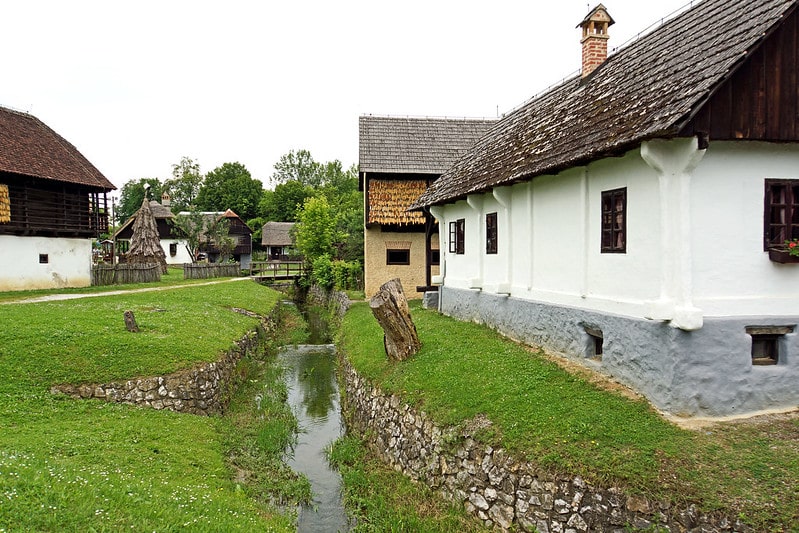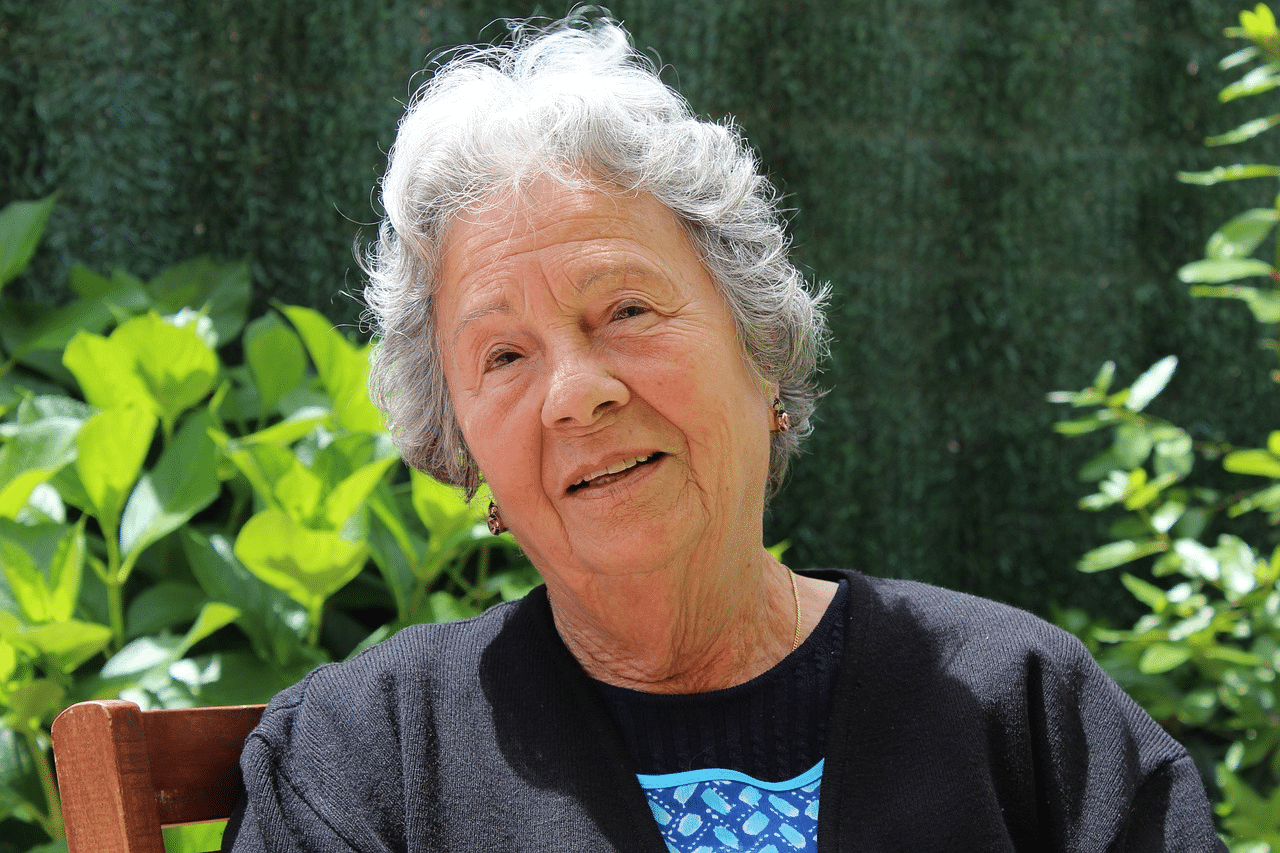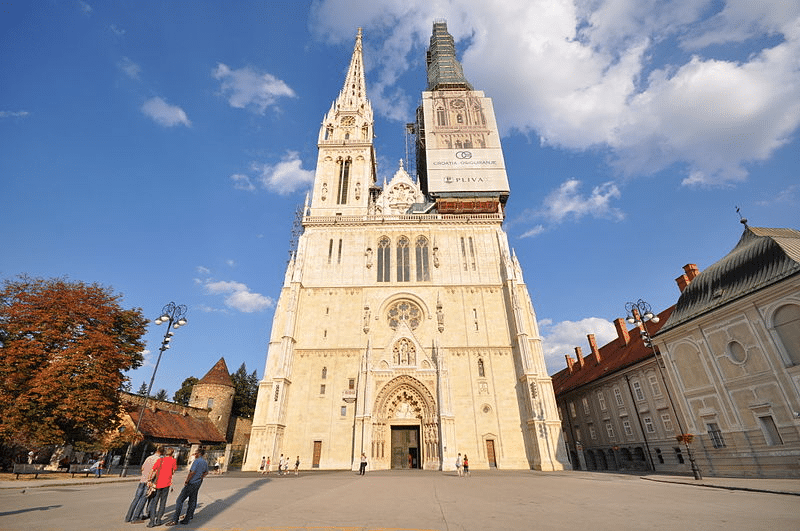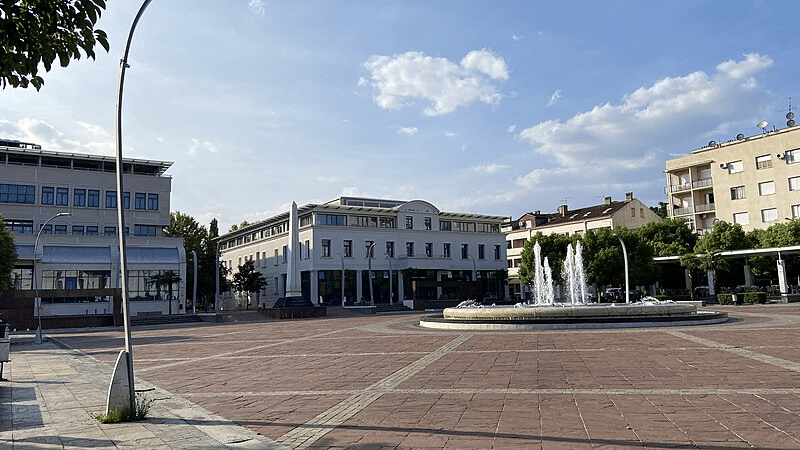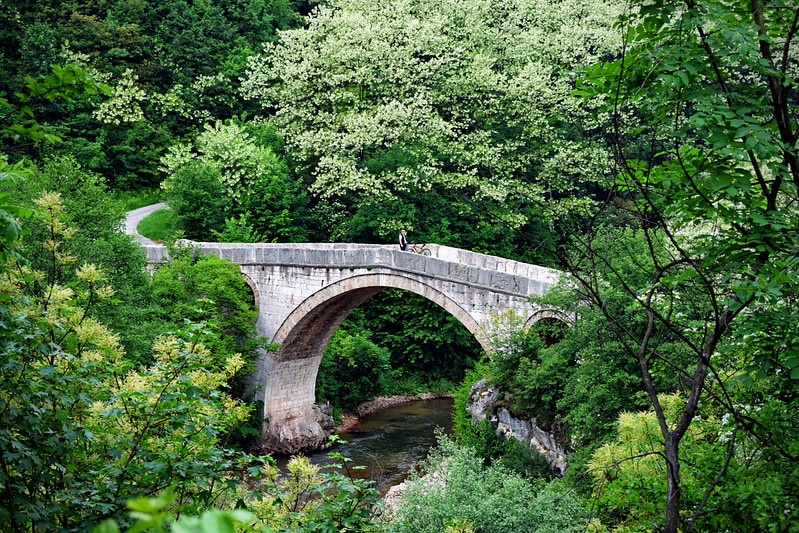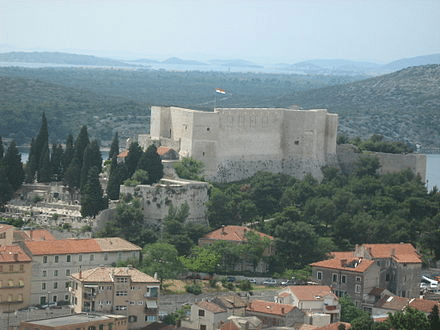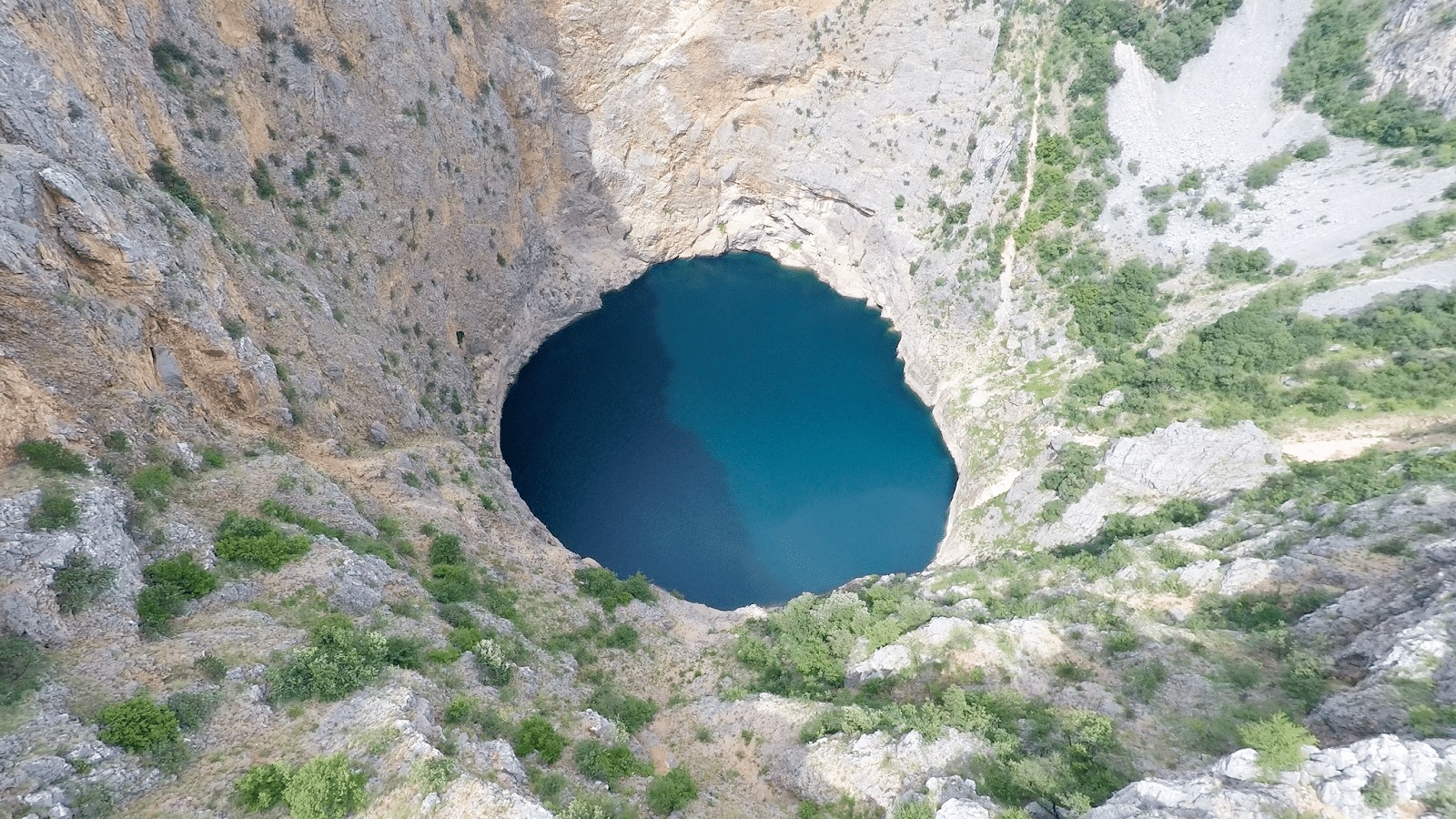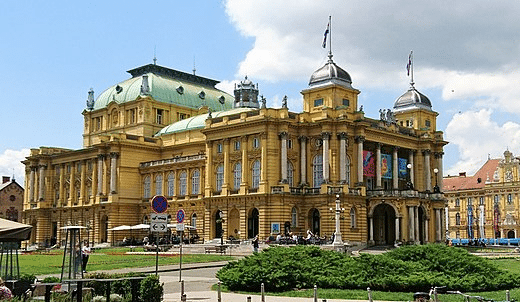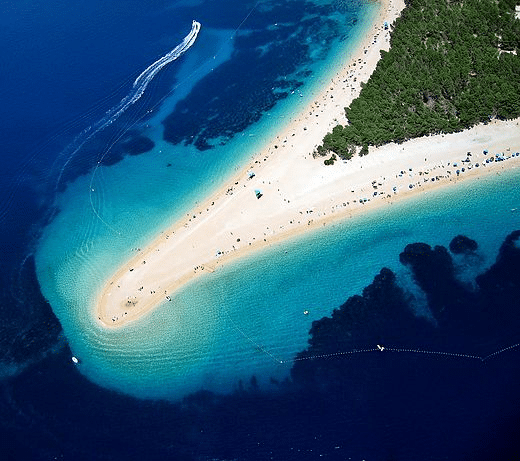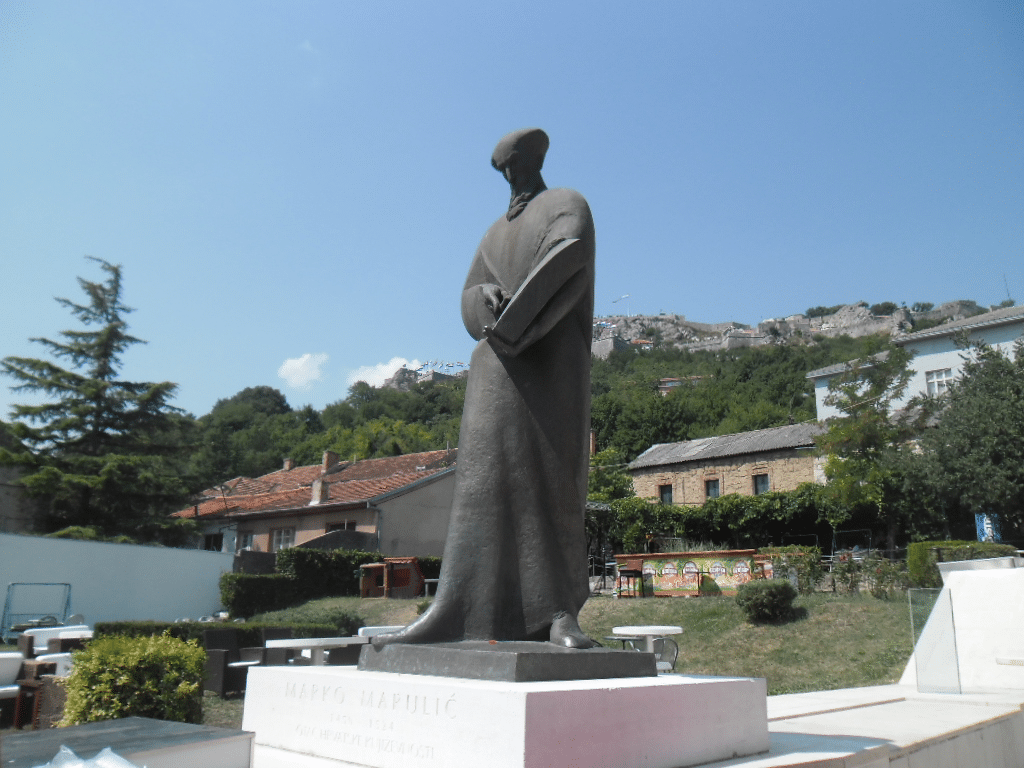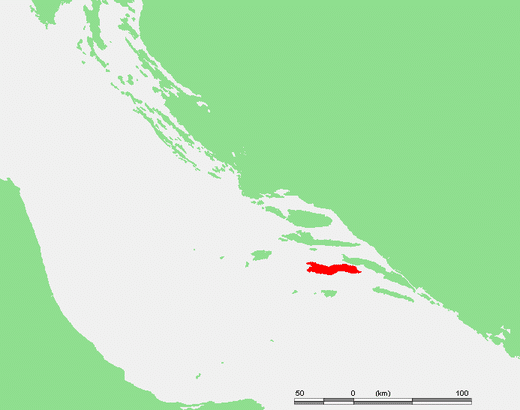C4 M2 L2 Grammar
4 | Modul 2: Gramatika
Što je bilo, bilo je
4 | 2 | Lekcija 2: Više o zemlji
| Preposition locative case
As for prepositions with the Locative case, we need to keep in mind what the message is that we want to express.
Rule #2: po Locative = ‘along,’ ‘over,’ ‘on a surface’ | |
The preposition po is followed by the Locative case when we want to indicate that someone’s activity or something occurs or is located all over a certain surface. | Example: hodati po grad-u (m) / šum-i (f) / sel-u. to walk around in the city / forest / village. |
Marko šeta po grad-u (m). I walk around in the city / forest / village. | Marija i njezin pas šetaju po šum-i (f). Marija and her talk are walking around the forest. | Šetamo po sel-u (n.). We are walking around the village. |
Rule #3: o Locative = ‘about’ | |
The Locative case is followed after the preposition o when we want to indicate the meaning ‘about [a topic]’.
In sentences when we want to express that we are talking/thinking about someone or something we need to use the preposition o, followed by the Locative case. | Example: Ja uvijek pričam o brat-u (m) / o sestr-i (f) / o sel-u (n) I always talk about [my] brother / sister / village. |
Ja uvijek pričam o brat-u (m) I always talk about [my] brother. | Iva često priča o sestr-i (f). Iva is talking about [her] sister. | Ljubica priča o sel-u (n) Ljubica is talking about the village. |
Additional Note: po Locative - ‘(known) for’ | |
When we want to express the meaning that someone or something is known for/by a certain thing, we should also use the preposition po Locative. This is mostly expressed with the structure poznat/-a/-o po Locative. |
Zagreb je poznat po katedrali. Zagreb is known for its cathedral. | Podgorica je poznata po trgu. Podgorica is known for its [main] square. | Sarajevo je poznato po prirodi. Sarajevo is known for its nature. |
| Locative case – nouns in plural
case | masculine | feminine | neuter |
N sing | restoran | planina | jezero |
L pl | restoran-ima | planin-ama | jezer-ima |
The general ending for masculine and neuter nouns in the Locative plural case is -ima, while for feminine nouns the ending is -ama. In masculine nouns, -ima is added to the stem (restoran). In neuter nouns,the -ima ending replaces the -о or -е of the dictionary form (jezer-o, kazališt-e). In feminine nouns, the -ama ending replaces the -а of the dictionary form (planin-a).
4.2 Zadatak 5. Hrvatska
4.2 Zadatak 6. Gramatika
Images used in this document are from these sources.


